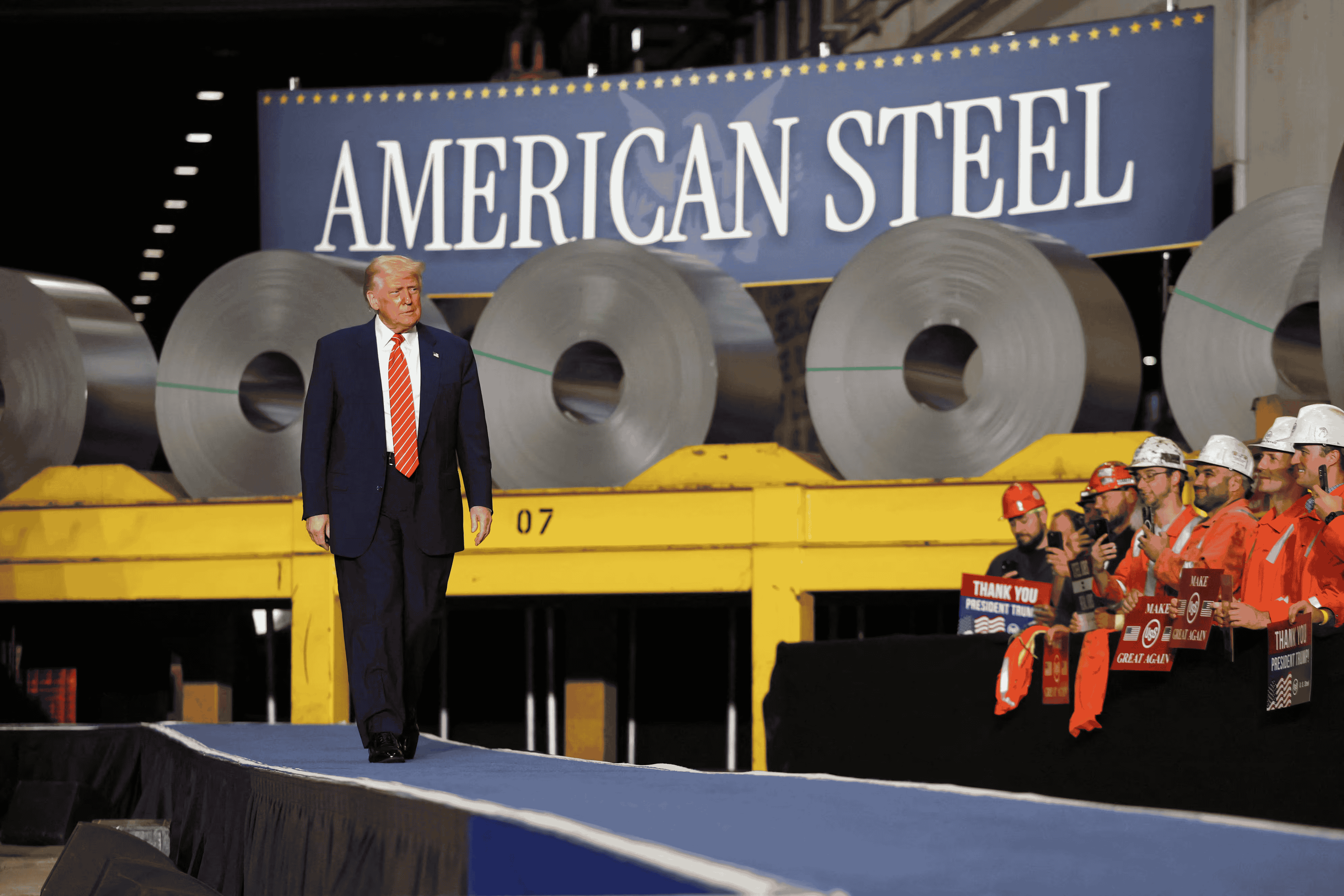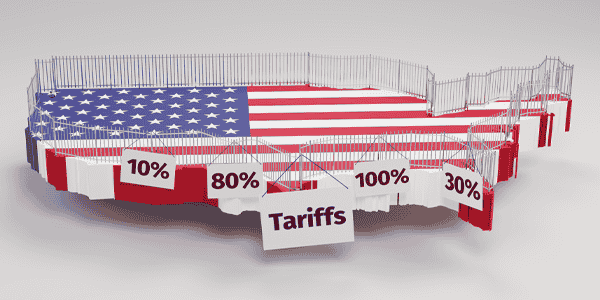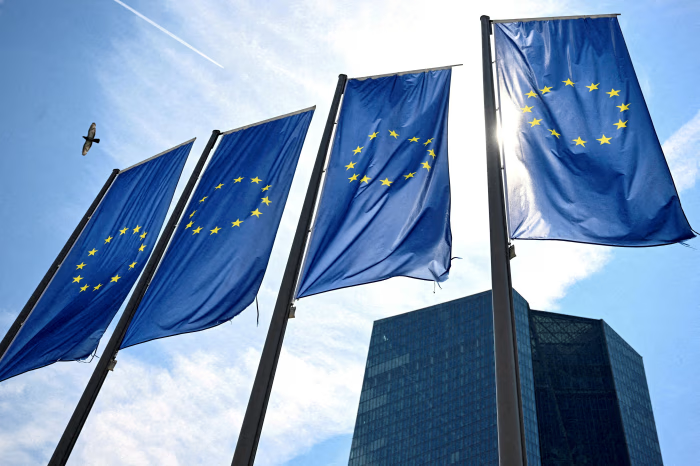⏱️ Read Time: 5 minutes
There was a time when businesses sold products, not ideologies. But in today's polarized climate, brands no longer stay silent. Whether it's public support for political movements, stances on social issues, or reactions to court rulings and elections, companies have started acting like political players — with real influence. For some consumers, this is a sign of progress. For others, it's a frustrating intrusion into everyday life.
From Neutrality to Advocacy
In the past, corporations avoided controversy to appeal to the broadest market possible. Now, many brands embrace political or social causes as part of their identity. Whether it's rainbow logos during Pride Month, statements on international conflicts, or environmental pledges aligned with government policies, businesses are choosing sides. These stances are often more about branding than belief — but they still affect public discourse.
The Consequences of Taking Sides
While corporate activism can bring attention to underrepresented issues, it also risks alienating customers who feel excluded or criticized. For example, when companies publicly support divisive policies or cultural movements, consumers on the opposite side often respond with backlash, boycotts, or online campaigns. This "culture war marketing" creates a landscape where everyday people feel pressured to pick sides — not based on belief, but based on what brands they use or avoid.
Politics at the Checkout Line
Ordinary consumers are increasingly forced into political spaces just by shopping. Buying coffee, choosing a credit card, or even selecting a ride-share app can feel like a statement. This politicization of consumption complicates simple decisions and strains relationships. Friends and families now argue not only about elections — but about fast food chains, phone providers, or streaming services. In the effort to look socially responsible, brands have pulled the culture war into daily life.
Is It Real Change or Just Good PR?
Critics argue that many corporate stances are hollow — quick to release statements, slow to enact real change. Some companies support social causes publicly while engaging in questionable labor practices or avoiding taxes quietly. Others reverse their stance based on public pressure, showing that brand values are often negotiable. This kind of selective activism erodes public trust and fuels cynicism about both companies and the movements they claim to support.
A World With No Neutral Ground
In this environment, neutrality becomes rare — and even silence can be seen as taking a side. Businesses now operate in a space where everything is political, whether they like it or not. But as corporations continue to shape the conversation, ordinary people are left navigating a marketplace where even the most basic choices feel like political declarations.
Conclusion
Business has every right to express values — but when corporate activism becomes performative or divisive, it doesn't uplift society; it polarizes it. The challenge is not to silence voices, but to restore space where people can live, shop, and think without being forced into ideological battles at every turn. Because sometimes, a cup of coffee should just be a cup of coffee.



